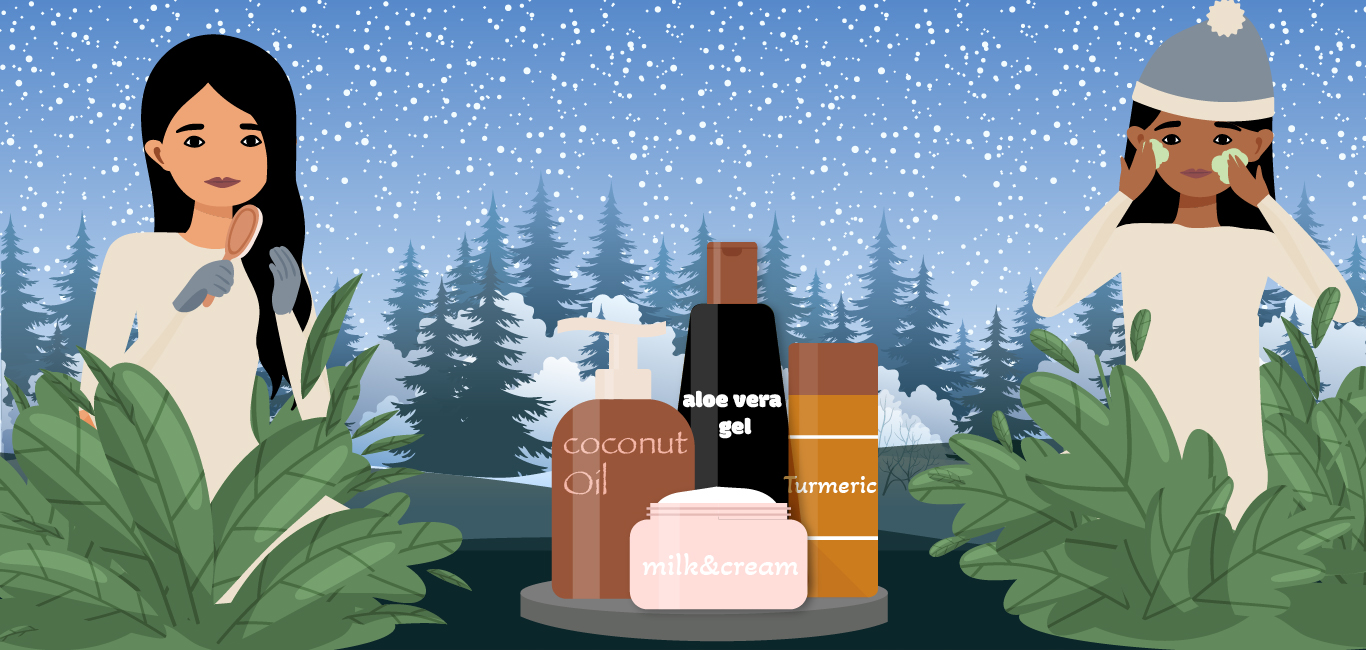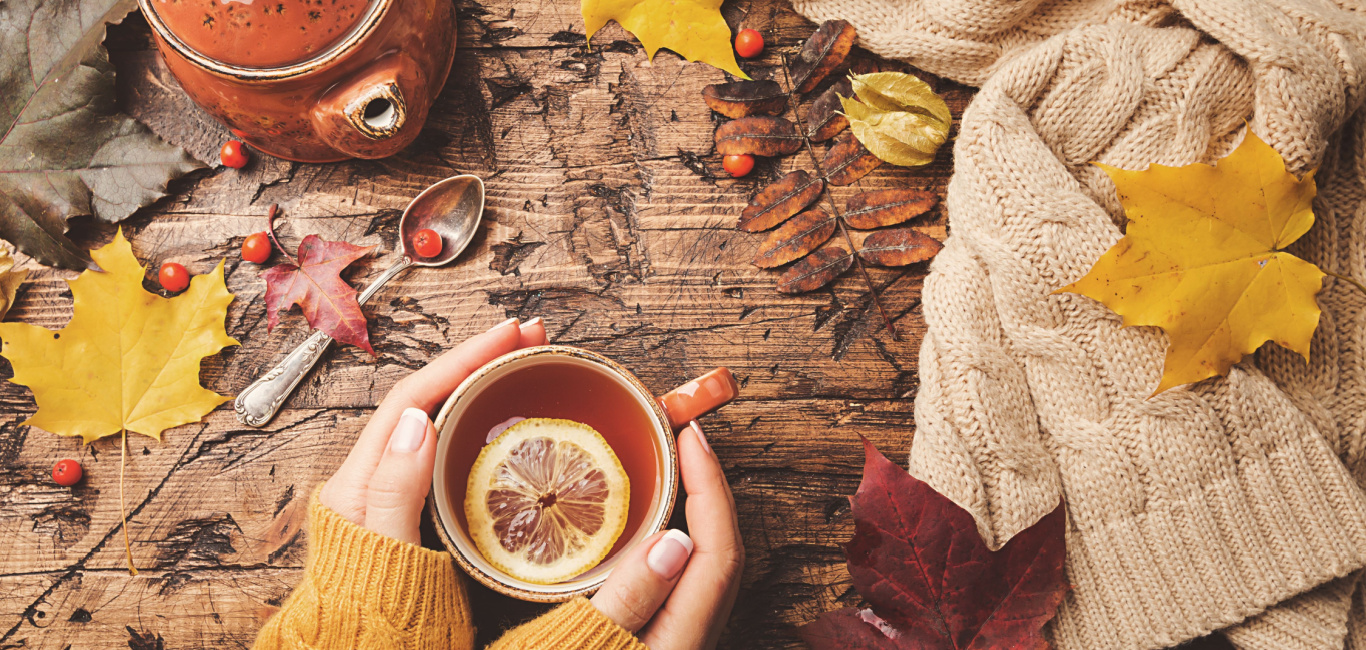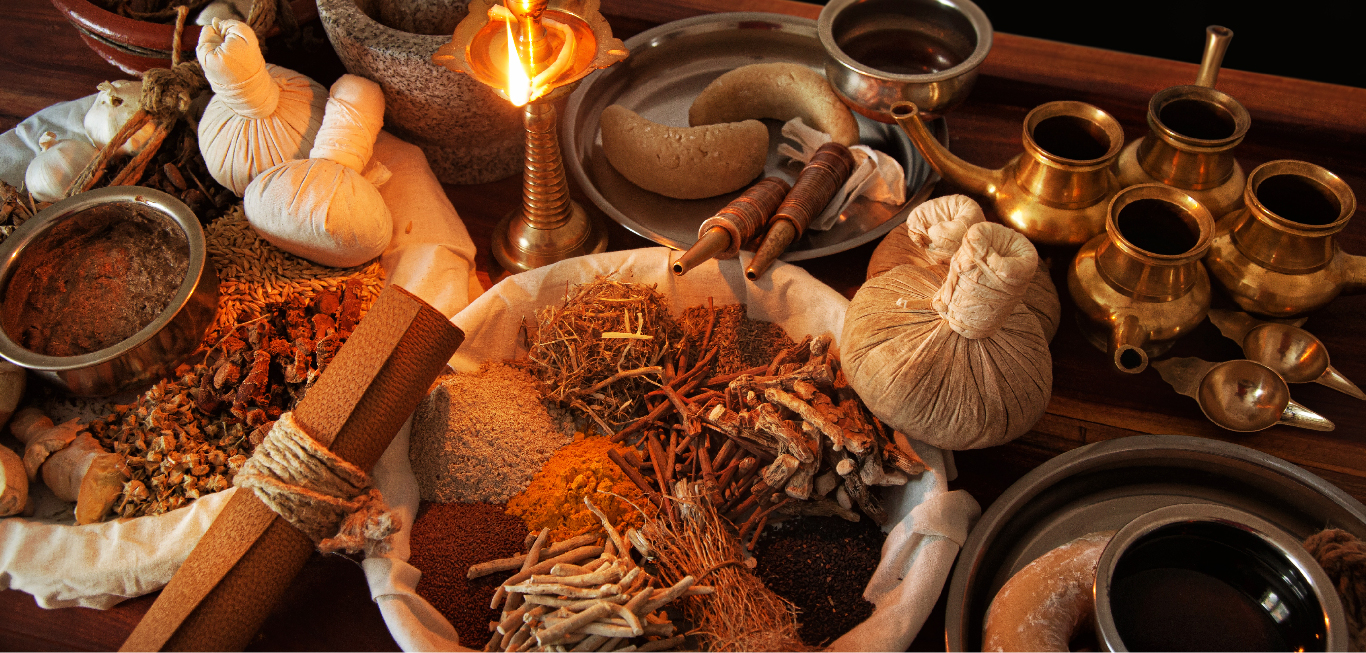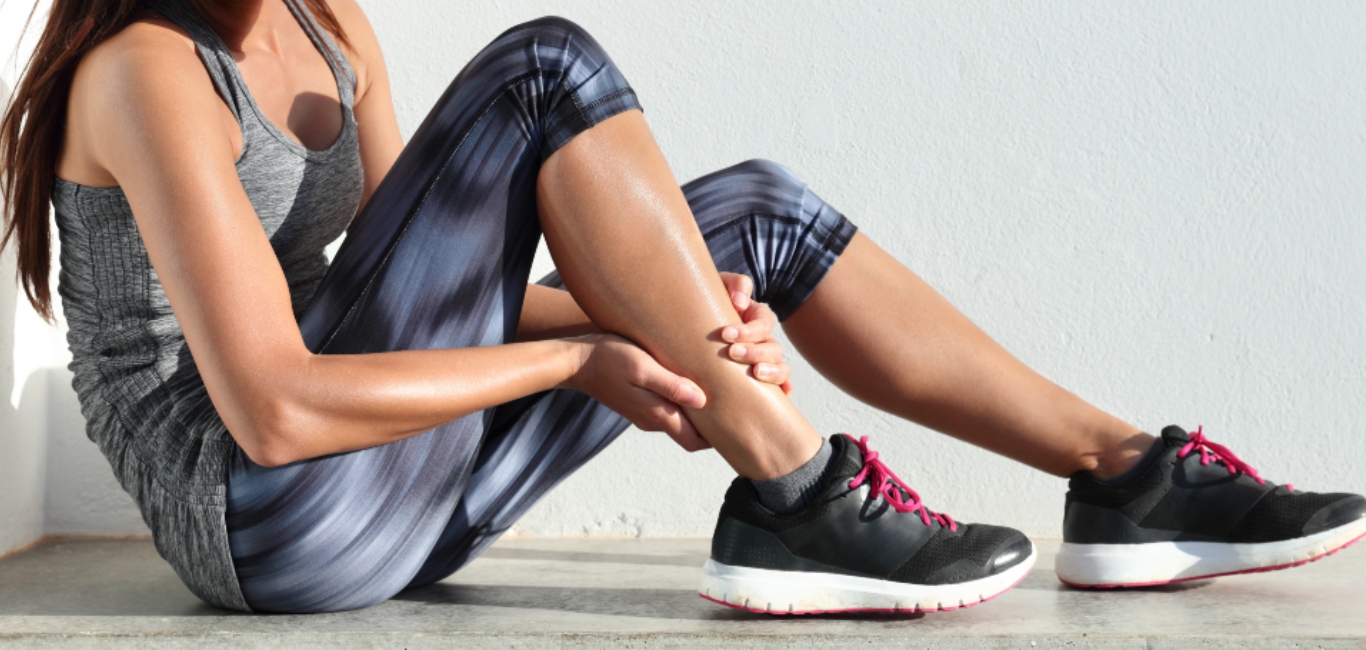
Winter comes with its own set of worries for the skin. Multiple concerns such as dry skin, dry scalp, chapped lips, acne, hair shaft breakage, dry hair, hair fall, dandruff and cracked heels crop up during the season. So, should you be changing your skincare routine for the next few months? Ayurveda experts respond in the affirmative.
“If these concerns are left unattended for a prolonged time, they can end up turning into dryness-related skin issues like eczema, psoriasis and cold urticaria,” says Dr Megha Nayak, head and consulting physician at Nirvana Ayurveda Wellness Centre in Bengaluru.
Preventive care through Ayurveda
Preventing a health condition, in Ayurveda, is considered an effective strategy as compared to treating it.
Some recommendations from ayurvedic experts to prevent skin and hair health conditions during winters:
General preventive recommendations are
- Keeping the body warm (wearing winter clothes)
- Exercising (not beyond the body’s limits)
- Following a disciplined lifestyle (ayurvedic daily routine or dinacharya)
- Eating right/healthy
- Breathing exercises
- Avoiding prolonged exposure to cold and dry wind
Skincare regime
Hydrate enough
“Drinking enough water during this season is essential as hydrating the system helps tackle dehydration-related dryness,” says Dr Nayak as dehydration is one of the primary causes of dry skin. Although Dr Nayak does not quantify the water required, she stresses on customising it based on one’s body.
Moisturising
“The best way to combat the season-related dryness or skin conditions, is to moisturise the skin,” says Dr Noor Fathima, chief consultant from Vyoma Ayurveda Wellness Centre, Mysuru. She recommends using a medicated ghee known as shatadhauta ghritam to moisturise the skin, especially the face and hands which often get dry during winter.
Dr Nayak recommends some topical applications based on body type
- Ghee or butter-based lotions for those with extremely dry skin
- Coconut or aloe vera-based lotions for those with sensitive skin prone to acne
- Sesame oil or corn oil-based lotions for those with oily skin type
Try facial massages
An oil massage is considered an important winter ritual as per Ayurveda. However, applying oil on the face, hands and feet followed by a gentle massage can help prevent dry skin. Applying oil before taking bath once or twice a week helps to reduce the dryness.
Other options for massage
- Almond oil
- Plain ghee or butter (unsalted)
- Coconut oil + turmeric powder
One can also apply milk cream (malai) with a pinch of turmeric powder followed by a gentle massage.
Face masks can go a long way
Dr Nayak mentions that using fresh fruit masks hydrates the skin well and prevents dryness.
Some moisturising combinations:
- Papaya pulp + Honey
- Banana pulp + Milk
- Cucumber mask
- Avocado pulp mask
- Aloe vera pulp
- Sandalwood + honey + rose water and goat’s milk
Choose a hydrating cleanser and toner
Dr Nayak also stresses on selecting a hydrating cleanser and toner based on one’s skin type and condition. She recommends rose water toner as it suits every skin type and season.
Dietary recommendations
- Include carrots and beetroots in salads and juices
- Include healthy dietary fats such as ghee and omega-3 fatty acid-rich foods such as avocado, fish and nuts.
Some tips for haircare
Scalp and hair hygiene
Maintaining hair and scalp hygiene also plays an important role in preventing any health conditions to the scalp and hair. Using clean combs, saying no to hair colouring and harsh chemicals and hair styling using high temperatures are hygienic practices.
Oiling and massaging of the scalp
Dr Fathima says that applying oil regularly, followed by a scalp massage helps in reducing dry skin. She also recommends covering the hair with a hot towel as a fomentation. Doing so helps retain the moisture in the scalp and the hair strands get nourished.
Choose your hair oils wisely
One can choose oils that have coconut, sesame, castor and almond oil as bases that can help nourish the scalp and hair.
Use chemical-free conditioners
Try using natural conditioners. Dr Nayak says, “if you are comfortable with eggs, you can use them as conditioners.”
Hair mask recipes for dandruff and hair fall
- Neem powder + fenugreek seed powder for dandruff and hair fall
- Paste of Triphala powder + water for dandruff
- Shikakai powder
- Yogurt
Additional care
In addition to the above, one can go for regular facials, oil massages, hair enrichment therapies, manicures, pedicures, and wellness regimes,” says Dr Nayak.
Consult your physician if there is no help from remedies
Dr Fathima insists on visiting a dermatologist if there is no relief. “Your physician will rule out the cause and treat it accordingly. That will automatically correct your condition,” she says.
Ayurveda looks at skin and hair health holistically. Mere application of something externally is not considered an ultimate solution for skin and hair health. A disciplined lifestyle including a healthy diet regime, regular exercises, a healthy mind, and good sleep collectively contribute to healthy skin and hair. For customising your haircare and skincare regime, it is best to visit an ayurvedic expert.


















One Response
Good read